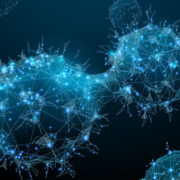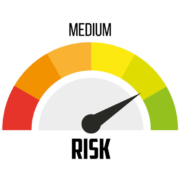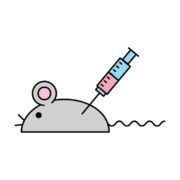8 November 2012
I had the honor to collaborate on this ASCO Connection post with Dr. Don S. Dizon, a medical oncologist at the Massachusetts General Hospital specializing in women’s cancers. This post grew out of twitter and email conversations – we were discussing cancer prevention, risk reduction, and cure – and how our conversations and thoughts have changed due in part from our interactions with patients in the BCSM Community and other social media sites.
On Cancer Prevention, Risk Reduction, and Cure
Don S. Dizon, MD, FACP
08 Nov 2012 3:07 PM
Scrolling through Twitter one day, a post caught my attention:“Early detection is not the answer. Finding and treating all stage 0 breast cancer will not prevent all breast cancer deaths.” With this one tweet the author seemed to highlight an issue that many people with breast cancer have with advocates for cancer research, especially in the current climate where research funds are harder to come by and charitable fundraising is more competitive. Cancer prevention is not the same thing as cancer treatment. Indeed, a cure applies only to women with breast cancer, and all the funding in the world devoted to early detection and cancer prevention will not cure those women who are living every day with the diagnosis of breast cancer.
This came to light again in a conversation with Dr. Deanna Attai, one of the moderators of the breast cancer social media (#bcsm) support group on Twitter. We had been discussing (via direct messaging on Twitter and good “old fashion” email) a new technology for estimating the risk of breast cancer, which gave way to a broader discussion on the language of prevention, of cure, and how each are in a sense seamlessly tied to each other, to early detection, to primary prevention, and to risk reduction. Somehow, we both felt that something was being lost in translation.
“Something I have an issue with,” wrote Dr. Attai, “is that early detection is often equated with survival. While I’m certainly guilty of saying that, the more I interact with the women of #bcsm and hear how much that talk irritates them, and the more I have my own patients who were initially diagnosed with early-stage disease go on to develop metastatic disease, the more I think that our current [way of thinking] needs to be revamped as early stage does not at all equal good prognosis if the biology of the tumor is bad. There are a lot of similar situations where my thinking and speaking has changed as a result of social media interactions.”
“Another issue is the distinction between risk reduction and prevention,” she continued. “I used to talk about prevention all the time—diet, lifestyle, surgery, tamoxifen, etc.—but the reality is these are all risk-reduction methods, and we don’t have true prevention. This is also something that comes up on the chats, especially when you have women that have done everything ‘right.’”
That much I did know. I could recall many women I met with who had exercised, limited their meat and fat consumption, did not smoke, and had regular mammograms—only to find a lump in their breast, followed by a trip to my office after a diagnosis of breast cancer. I also recall younger women diagnosed with stage I breast cancer, hormone receptor-positive, who did exactly as I had recommended—chemotherapy, radiation, even oophorectomy when their periods returned—only to be diagnosed with metastatic breast cancer. In many of these cases, I faced my own inadequacy as a clinician because I could not answer the question that most often came up: “How could this happen? I did everything I was supposed to!”
These issues have become more apparent to both of us through our online involvement in social media. By reading the tweets of men and women who are living with and confronting cancer, we have become sensitized to the language of cancer.This is just one more reason physicians should join online communities like #bcsm and Twitter; the opportunity to learn about the perspective of the broader community of advocates, caregivers, and survivors has helped us to see that the language of oncology is complicated. However, the sense of perspective offered by those online offers an opportunity for a richer understanding of meaning that is often missed in the midst of a busy clinical schedule.








